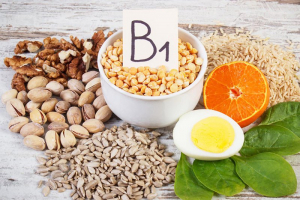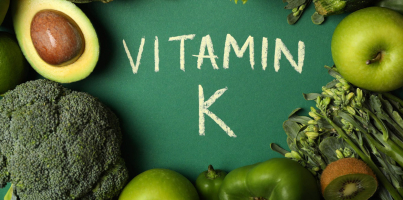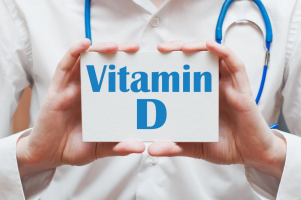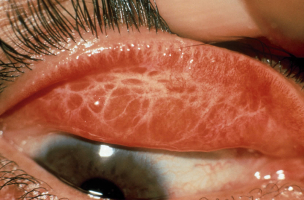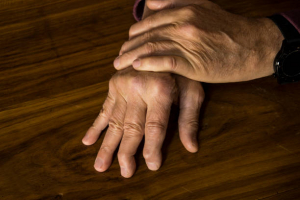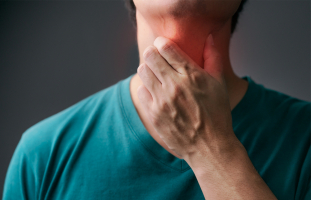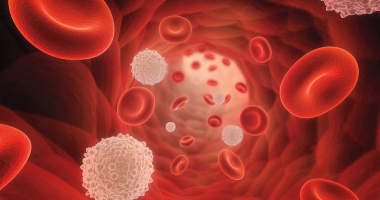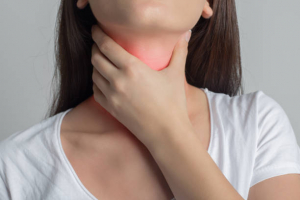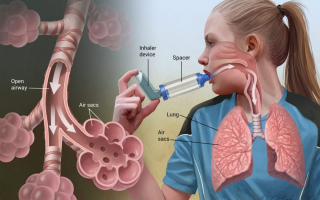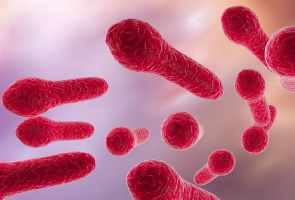Top 9 Signs and Symptoms of Protein Deficiency
A protein deficit occurs when your consumption falls short of your body's needs. Protein deficiency affects an estimated one billion individuals globally. ... read more...Certain individuals in industrialized nations are likewise vulnerable. People that eat an unbalanced diet, as well as institutionalized older people and hospitalized patients, fall under this category. Protein shortage can have an impact on practically every element of physiological function. As a result, it is linked to a variety of symptoms. This article discusses the most frequent symptoms of protein deficiency.
-
A characteristic sign of kwashiorkor is edema, which is characterized by swollen and puffy skin. Low levels of human serum albumin, the most prevalent protein in the liquid component of blood, or blood plasma, are thought to be the reason. One of the albumin's primary jobs is to maintain oncotic pressure, which is the force that pushes fluid into the bloodstream. Albumin inhibits excessive fluid accumulation in tissues and other bodily compartments in this way.
Severe protein deficit lowers oncotic pressure due to decreased quantities of human serum albumin. As a result, fluid builds up in the tissues, producing edema. Protein deficit may also cause fluid retention in the abdominal cavity for the same reason. A bloated stomach is a common symptom of kwashiorkor. Remember that edema is a sign of severe protein shortage, which is uncommon in affluent nations.

Edema 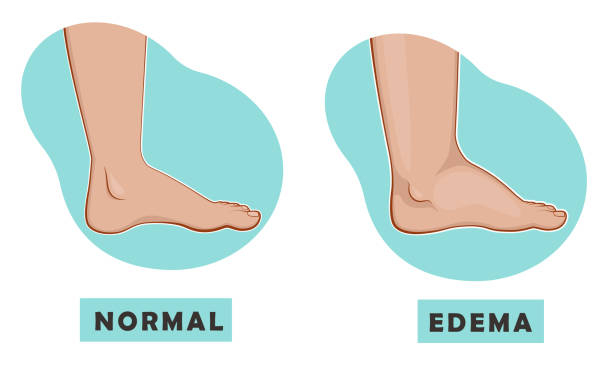
Edema -
A fatty liver, or fat buildup in liver cells, is another typical sign of kwashiorkor. If left untreated, the condition can progress to fatty liver disease, which causes inflammation, scarring of the liver, and perhaps liver failure. Fatty liver is a frequent condition in persons who are overweight or who drink a lot of alcohol. It is unknown why it develops in situations of protein deficit, although studies show that reduced synthesis of fat-transporting proteins known as lipoproteins may play a role.
Protein shortage frequently manifests itself in the skin, hair, and nails, which are mostly composed of protein. In children, for example, kwashiorkor is identified by dry or splitting skin, redness, and areas of depigmented skin. Common symptoms include hair thinning, decreased hair color, hair loss (alopecia), and brittle nails. However, unless you have a significant protein deficit, these symptoms are unlikely to emerge.

Skin, Hair and Nail Problems 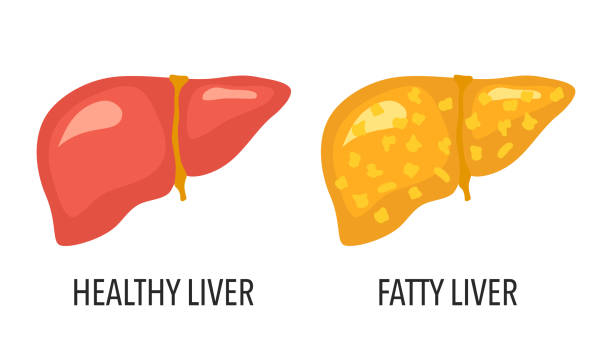
Fatty liver -
Your muscles are your body's greatest protein storage facility. When nutritional protein is scarce, the body prefers to extract protein from skeletal muscles in order to sustain more vital tissues and activities. As a result, a protein deficiency causes muscle atrophy over time. Even mild protein deficiency can lead to muscle atrophy, especially in the elderly.
One research of aged men and women discovered that individuals who ingested the least quantity of protein lost the most muscle. Other studies have found that increasing protein consumption may decrease the muscular deterioration that occurs with aging.
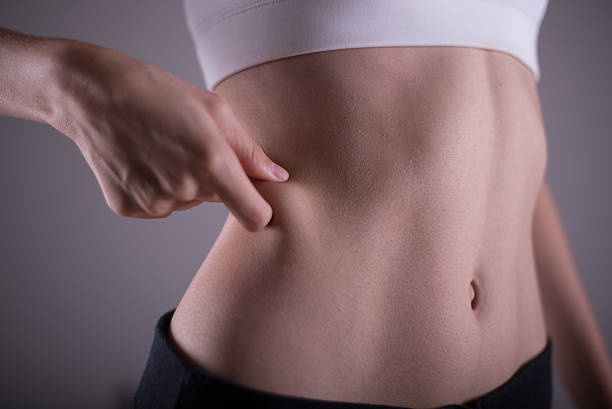
Loss of Muscle Mass 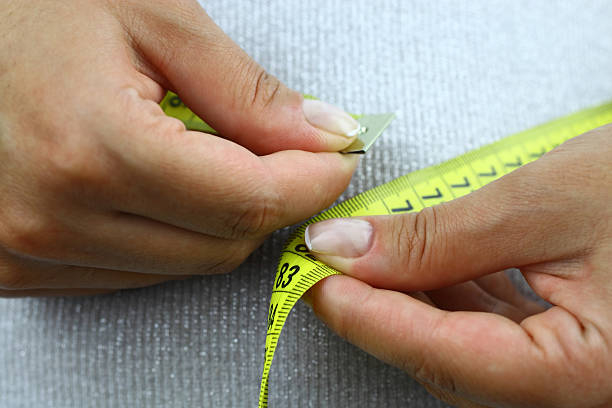
Loss of Muscle Mass -
Low protein consumption affects more than just the muscles. Your bones are also in danger. Protein deficiency can weaken your bones and raise your risk of fractures. Higher protein consumption was related to a decreased incidence of hip fractures in one research of postmenopausal women.
The highest consumption was associated with a 69% lower risk, with animal-source protein appearing to offer the most advantages. Another study found that consuming 20 grams of protein supplements per day for six months delayed bone loss by 2.3% in postmenopausal people with recent hip fractures. More scientific experiments on this issue agree that protein may enhance bone health, with the experts behind two recent trials stating:
- Higher protein intake may help bone health when combined with sufficient calcium.
- Protein intake above the current RDA may help to prevent bone fractures and loss of bone mass density.
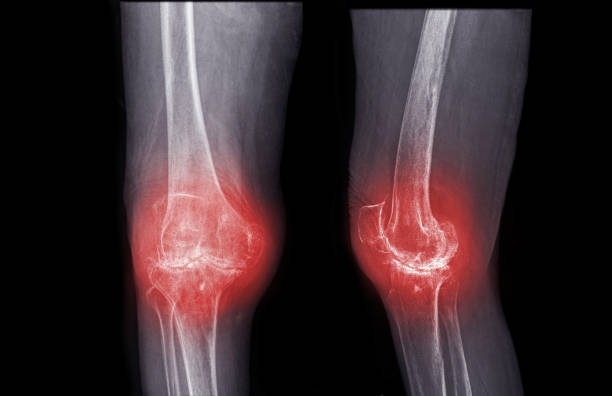
Greater Risk of Bone Fractures 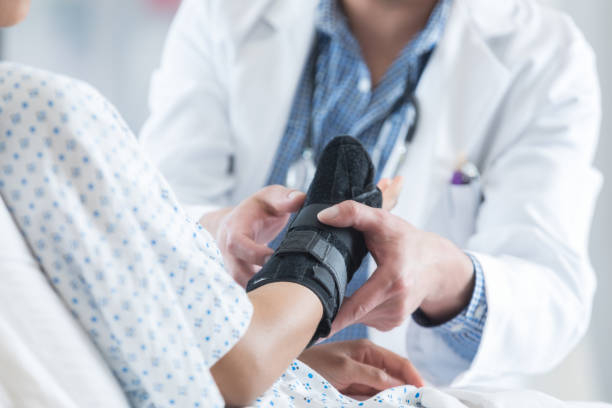
Greater Risk of Bone Fractures -
Nutrition may have an impact on many different regions of your body, including your hair. Protein is broken down into amino acids when consumed. These amino acids are used by your body as "building blocks" for a variety of functions, including hair and cell development and repair. Providing your body with a proper quantity of amino acids, for example, increases the development of keratin, the major structural protein present in hair.
As a result, it is not unexpected that dietary deficiencies, notably protein deficiency, can result in hair loss. According to Harvard Medical School, hair loss can be "particularly an indication of protein insufficiency". Further research indicates that a lack of dietary protein might result in structural issues and hair loss, particularly in postmenopausal women.
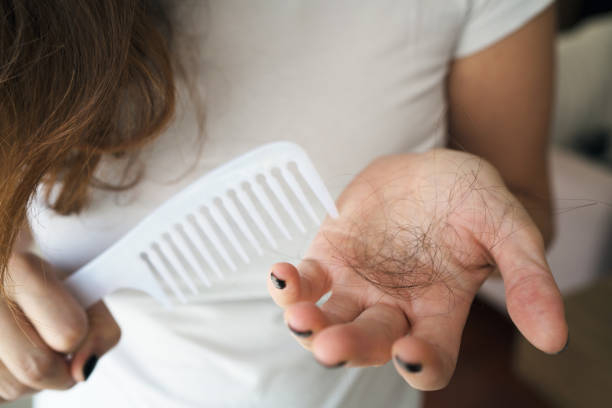
Hair Loss 
Hair Loss -
Protein is necessary not only for muscle and bone mass maintenance but also for body growth. As a result, deficit or insufficiency is particularly damaging to youngsters, whose growing bodies require a consistent supply. Stunting is, in fact, the most prevalent symptom of childhood malnutrition. Stunted growth affected an estimated 161 million children in 2013. Observational studies demonstrate a substantial link between a low-protein diet and poor development. Stunted growth is another prominent feature of kwashiorkor in youngsters.
A protein deficiency might also have an impact on the immune system. Impaired immunological function, a typical sign of acute protein insufficiency, may increase the risk or severity of infections. For example, one study in mice found that eating only 2% protein was related to a more severe influenza illness when compared to eating 18% protein. Even a small amount of protein may damage immunological function. Following a low-protein diet for nine weeks greatly lowered the immunological response in one small trial of elderly women.

Stunted Growth in Children 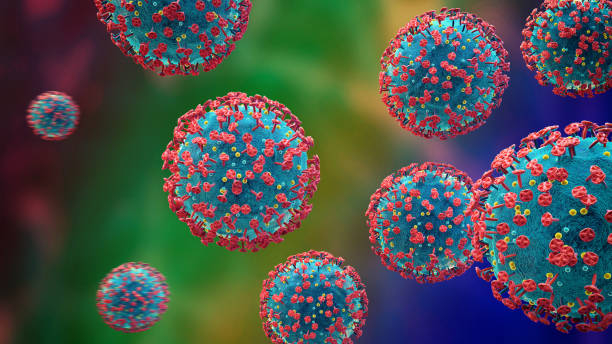
Stunted Growth in Children -
Although one of the signs of severe protein insufficiency is a loss of appetite, the converse appears to be true for lesser kinds of deficit. When you don't get enough protein, your body tries to compensate by raising your hunger and pushing you to eat something. A protein deficiency, on the other hand, does not blindly drive the need to eat, at least not for everyone. It may selectively improve people's appetites for flavorful, protein-rich diets. While this is obviously beneficial during times of food scarcity, the difficulty is that modern civilization provides unrestricted access to delicious, high-calorie meals.
Many of these ready-to-eat dishes contain some protein. However, the quantity of protein in these meals is frequently insignificant in comparison to the number of calories they give. As a result, a lack of protein may contribute to weight growth and obesity, according to the protein leverage theory. Although not all research back up the theory, protein is obviously more satiating than carbohydrates and fat. This is one of the reasons why eating more protein can help you lose weight by lowering your overall calorie consumption. If you're always hungry and have trouble controlling your calorie consumption, consider adding extra lean protein to each meal.

Greater Appetite and Calorie Intake 
Greater Appetite and Calorie Intake -
High blood pressure is another sign that you're not getting enough protein. Despite the fact that it is not a standard intervention, new research indicates that adequate protein consumption is critical for maintaining good blood pressure. For example, recent research examined data from 1,361 people over the course of 11 years. Surprisingly, this study found that eating a lot of protein was linked to decreased blood pressure.
Furthermore, people who consumed the most protein had a 40% lower chance of having high blood pressure. A meta-analysis of 40 randomized controlled studies also reveals that eating more protein "significantly lowers" blood pressure. The study's researchers went on to claim that eating extra protein "may be essential for the prevention of hypertension". In other words, not getting enough protein may lead to increased blood pressure levels.

High Blood Pressure 
High Blood Pressure -
Protein is crucial for your body's development and recovery, therefore not getting enough can dramatically reduce recovery time. This recovery period might relate to a competitive athlete having physiotherapy to recover after an injury or it could refer to a routine session at the gym.
In the case of an amino acid shortage, recovery time and muscle regeneration will be delayed regardless of the scenario. Anyone who has worked out in a gym may have experienced severe muscle soreness after a workout at some time. This amount of discomfort and how soon you recover might be influenced by your total dietary protein consumption.

Slow Recovery Time 
Slow Recovery Time















